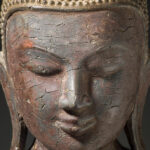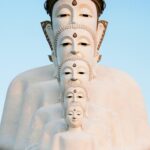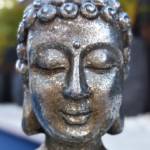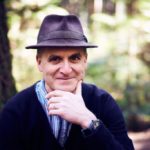Melvin McLeod breaks down the Buddha’s four noble truths and argues it’s not only the ultimate self-help formula, but the best guide to helping others and benefiting the world.
The Logic of Not-self
Thanissaro Bhikkhu, featured author in the Summer 2023 “Power & The Practitioner” issue of Buddhadharma, explores the Buddha’s teachings on how a sense of self is formed, how we use the five aggregates to define the self, and how to deconstruct the process.
Experience the Truth of No Self
When we see ourselves as separate, we’re limited, says Rebecca Bradshaw. In experiencing the truth of nonself, we free our hearts and minds.
Transforming Self-Comparison
Eda Ocak reflects on how meditation practice and the Buddha’s message of no-self transformed her habit of self-comparison.
The Ultimate Self-Help
Our editor-in-chief, Melvin McLeod, shares why Buddhism is the ultimate self-help, despite one of its central principles — nonself.
Looking Deeply With the Three Dharma Seals: Impermanence, No-self, and Nirvana
Thich Nhat Hanh teaches that by looking deeply we develop insight into impermanence and no self. These are the keys to the door of reality.
Who Are You, Really?
You don’t have a surface public self and a private inner self, nor do you have one true, unchanging self. What you have, says Barry Magid, is multiple shifting self-states—and they can get along just fine.
Why Evan Thompson Isn’t a Buddhist
A conversation with scholar Evan Thompson about his new book “Why I Am Not A Buddhist” and why Western Buddhism could use more non-Buddhist friends.
Healthy Self or No Self?
Modern psychology encourages us to have a healthy sense of self, but Buddhism teaches that the self doesn’t even exist. Barry Magid says there’s no conflict.
The Three Doors of Liberation
The three marks of existence—impermanence, suffering, and no self—are the Buddha’s basic description of reality.










